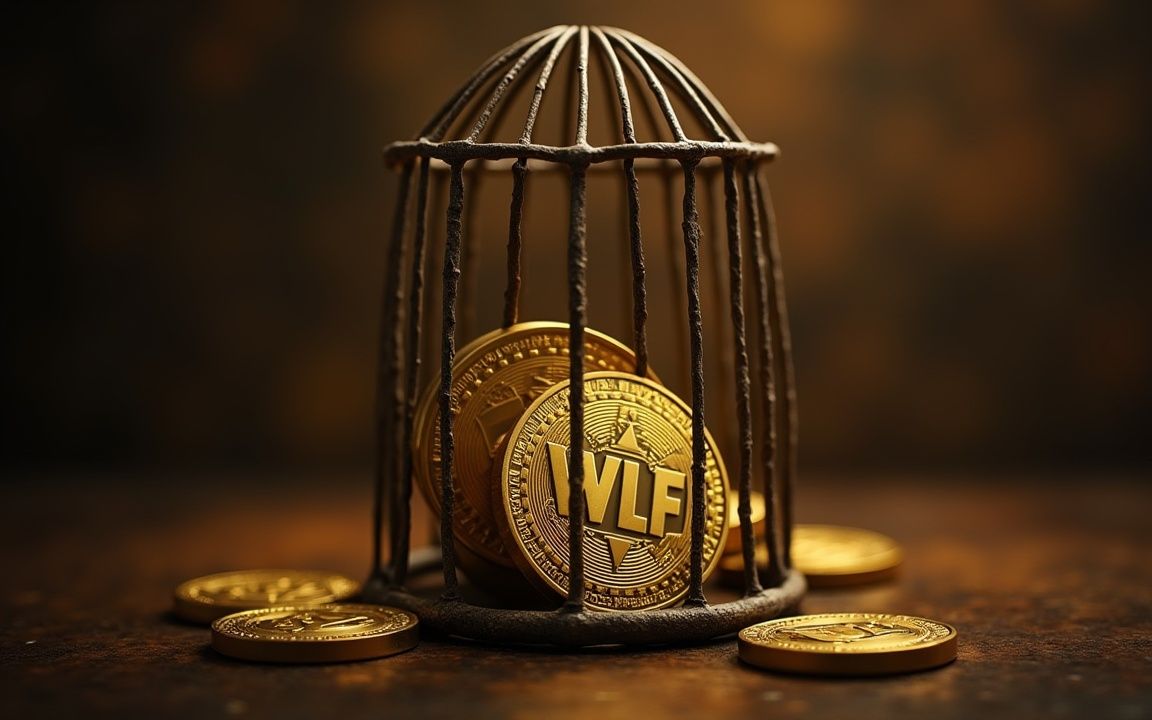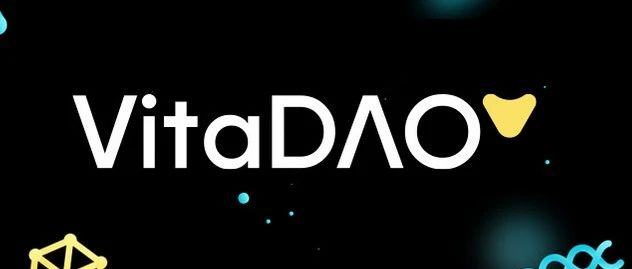
- World Liberty Financial (WLFI) froze 540M tokens linked to Justin Sun’s wallet.
- Sun insists the freeze violates investor rights and trust.
- WLFI price has fallen from $0.46 at launch to about $0.18.
Justin Sun has publicly appealed to World Liberty Financial (WLFI) to unfreeze his tokens after the project restricted access to 540 million unlocked WLFI tokens linked to his wallet.
The Tron founder, who joined WLFI as an advisor and early investor, argues that the move violates the fundamental principles of fairness and transparency that should guide blockchain projects.
WLFI leadership blacklisted Justin Sun’s address
The freeze followed a series of transactions from a wallet tied to Sun on the Ethereum blockchain.
The WLFI leadership blacklisted his address , preventing him from transferring tokens that he insists were lawfully obtained.
According to Sun, the transactions were nothing more than small-scale tests of exchange deposits. He emphasised that these movements involved no buying or selling that could have influenced the market in any significant way.
In response, Sun called on the WLFI team to immediately unlock his tokens and respect the rights of all investors.
He expressed concern that unilateral freezes risk undermining the project’s credibility and discouraging confidence among the wider community.
Sun’s public appeal
Taking to X, Sun delivered a direct message both to the WLFI team and to the broader global community.
He reminded followers that he had invested not just financially, but also emotionally and strategically, in the project’s early development.
Sun disclosed that he initially purchased $30 million worth of WLFI tokens in late 2024, aligning his interests with those of other early supporters.
“My tokens were unreasonably frozen,” he wrote. “As one of the early investors, I joined together with everyone — we bought in the same way, and we all deserve the same rights.”
Sun went on to argue that tokens should be considered “sacred and inviolable,” setting blockchain apart from traditional finance, where unilateral freezes remain commonplace.
The Tron founder urged WLFI to reverse course, highlighting that true financial brands can only grow through fairness, transparency, and trust. He warned that anything less risks damaging the project’s reputation and alienating its community.
Market jitters and governance questions
WLFI’s price movements since its debut have been turbulent. The token debuted on September 1 at $0.46, only to drop to $0.25 within two hours due to heavy selling pressure on major exchanges, including Binance, OKX, and Gate.
Since then, it has continued to slide, hovering just above $0.18 at press time, a decline of nearly 19% since launch.
The controversy surrounding Sun’s wallet has amplified concerns about the governance structure of WLFI.
Despite being presented as a decentralised platform, the ability of project leaders to blacklist wallets and freeze investor tokens has raised sharp questions.
Critics argue that such unilateral actions undermine the very principles of decentralisation that projects like WLFI are supposed to uphold.
The WLFI team is yet to respond directly to Sun’s calls, leaving uncertainty hanging over the project during its crucial early days.
With the token struggling to maintain stability and investors wary of governance risks, the handling of this dispute may determine whether WLFI can recover trust and build a lasting reputation in the competitive digital asset market.



